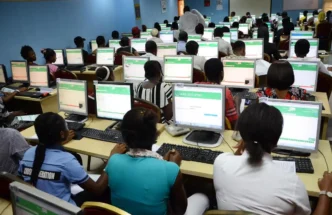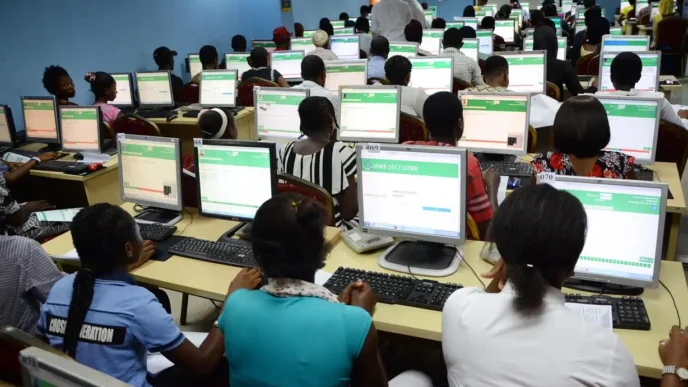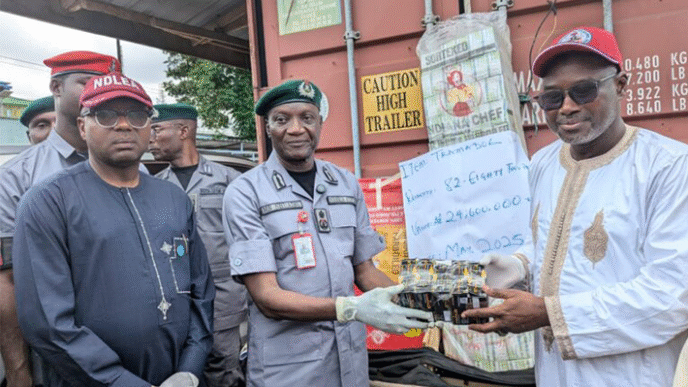In a country with a population exceeding 250 million and a growing market, one might expect a thriving workforce and rising incomes. Instead, Nigeria’s workers are facing what can only be described as brutal capitalism—a system where labour is cheap, job security is minimal and wealth is hoarded by a few.
Across industries, many Nigerian workers earn less than 50% of a living wage—the bare minimum required to meet basic needs like food, housing, healthcare, and transportation.
This isn’t just a wage problem; it’s the result of deep structural issues, particularly the increasing casualisation of labour where permanent jobs are being replaced with unstable, short-term contracts. Workers have little or no access to pensions, benefits, or long-term security.
Temporary contracts, informal jobs and unstable employment have become the norm, stripping workers of benefits, bargaining power and long-term security.
Must Nigeria continue to operate purely on World Bank standards, even when those standards appear disconnected from the lived reality of its citizens? As someone who has spent decades in both the public and private sectors, I am deeply concerned by what I see as the growing brutality of capitalism in our country.
Both the public and private sectors share the blame. In the public sector, what we see is an unfair redistribution of national income where a few benefit disproportionately, while the majority of civil servants struggle with stagnating wages.
Similarly, the private sector is often more focused on maximizing profit than fairly sharing the gains with the very workers who make those profits possible.
Top officials and certain elite groups enjoy significant perks and pay, the majority of public workers remain underpaid and undervalued. The private sector isn’t doing better—in many companies, profits are rising, but workers are receiving an ever-smaller share of the pie.
Meanwhile, international investors continue to be courted aggressively, even as local businesses struggle.
Foreign companies borrow at single-digit interest rates in their home countries and reap quick profits in Nigeria while local entrepreneurs, on the other hand, face punishing borrowing rates of 20–25%, making fair competition nearly impossible.
In more economically advanced nations, economic intelligence units exist to interrogate wage patterns, monitor labor market abuses, and hold both government and corporations accountable. Nigeria, too, needs such mechanisms if we are to build an economy that works for the majority.
There is also a worrying culture of passivity around wealth creation. Many Nigerians are encouraged to invest in the money market and do little else, as if building a strong economy requires no real production, innovation or labor. But no nation becomes wealthy without empowering its workers and entrepreneurs.
We should also learn from others, America outsourced too much and is now paying the price with weakened industries and rising inequality. Nigeria must not repeat that mistake.
At the heart of the matter is this: A living wage—not just any wage—is critical to economic sanity. Fair compensation would not only lift millions out of poverty, it would also energize the economy through increased spending and higher productivity.
I am not against foreign investment or global standards. But we must ask: at what cost are we aligning our economy with these standards? If they leave our people poorer and our businesses disadvantaged, then we must rethink them.
The question remains: Whose standards are we living by, and at what cost?
By Ademola Bakare
Member, Epe Club; Retired Banker and Civil Servant












